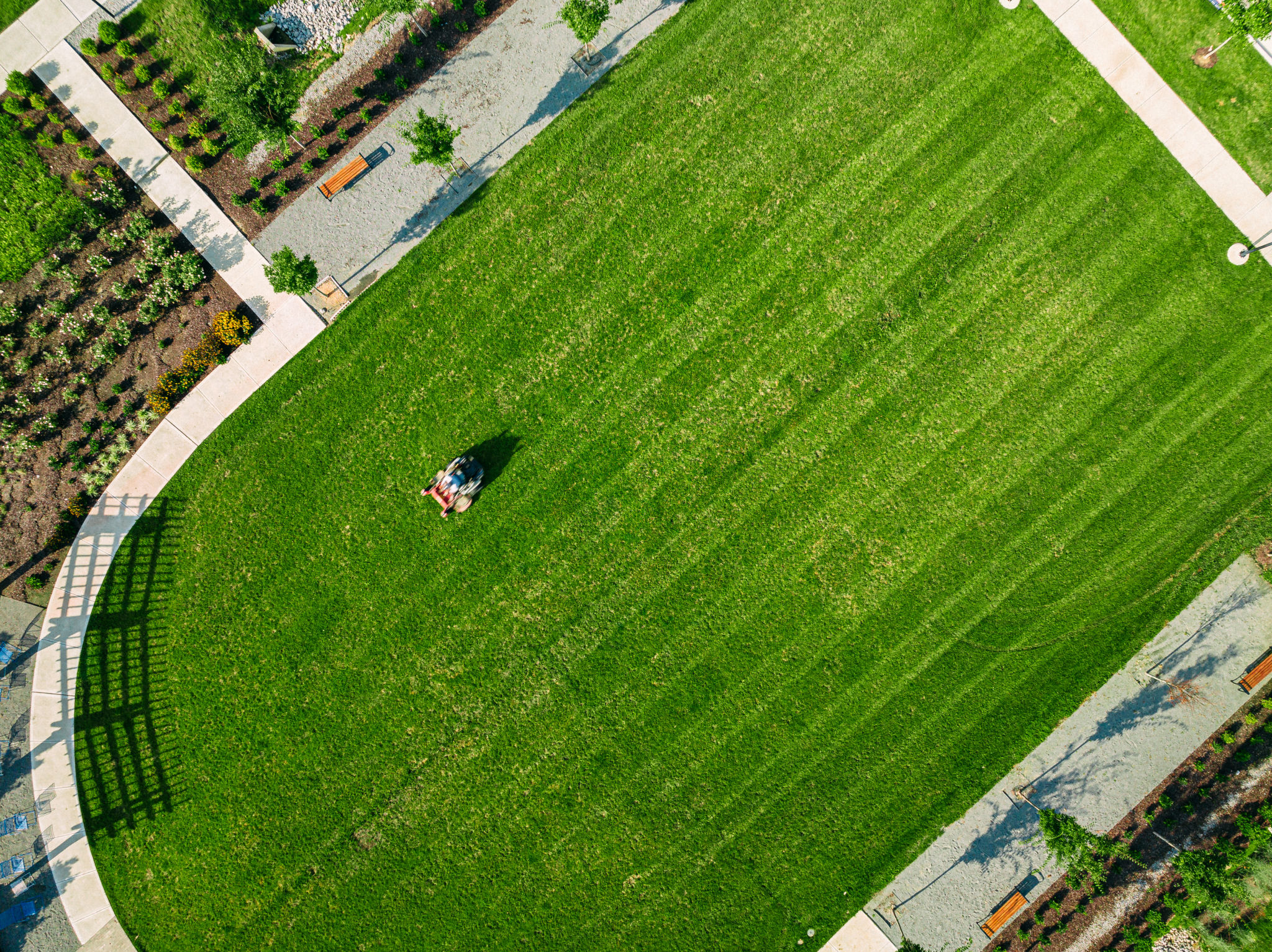Seasonal Care for Your Clover Lawn: Tips and Tricks
As the seasons change, so do the needs of your clover lawn. Unlike traditional grass lawns, clover is hardy and requires less maintenance, but it still needs some care to stay lush and green throughout the year. Here, we provide a comprehensive guide to seasonal care for your clover lawn, helping you maintain its beauty and health.
Spring: Cultivating Growth
Spring is the perfect time to give your clover lawn a good start for the year. As temperatures rise, your clover will begin to grow more vigorously. To support this growth, consider overseeding your lawn with clover seeds to fill in any bare spots that may have developed over the winter. This ensures a thick, even coverage.
Additionally, ensure your soil is in good condition by performing a soil test. Clover thrives in slightly acidic to neutral pH levels, so adjust accordingly with lime or sulfur if needed. Also, consider aerating your lawn to improve air circulation and nutrient absorption.

Summer: Managing Moisture
During the summer months, keeping your clover lawn hydrated is crucial. Clover is drought-resistant, but it still benefits from regular watering, especially during prolonged dry spells. Aim to water deeply once a week rather than frequent shallow watering. This encourages deep root growth and enhances drought tolerance.
It's also important to monitor your mowing habits. Clover should be mowed higher than traditional grass lawns, so set your mower blades to about 3 inches. This helps shade the soil, retain moisture, and prevent weed growth.
Dealing with Pests and Weeds
Summer can also bring about pests and weeds. While clover naturally suppresses many weed types due to its dense growth, you may still encounter some unwanted guests. Hand pulling is often effective for small areas, while organic herbicides can be used for larger invasions. For pests like grubs, beneficial nematodes or insecticidal soaps offer eco-friendly solutions.

Fall: Preparing for Dormancy
As fall approaches, it's time to prepare your clover lawn for the colder months. Begin by gradually reducing the frequency of mowing to allow the clover to naturally go dormant. This helps protect it from harsh winter conditions.
Fertilizing your clover lawn in the fall can provide essential nutrients that will be stored in the roots over winter and used for spring growth. Choose a low-nitrogen fertilizer as clover fixes its own nitrogen from the atmosphere, making high-nitrogen fertilizers unnecessary.

Winter: Minimal Maintenance
Winter requires minimal effort for a clover lawn. Clover naturally goes dormant in cold weather, turning brown but remaining alive. It's important not to overwater during this period; natural precipitation is often sufficient unless you experience an unusually dry winter.
Avoid excessive foot traffic on your clover lawn when it's frozen or covered with snow, as this can damage the plants and compact the soil. By spring, your clover will rebound with minimal intervention.
Conclusion: Year-Round Beauty
Caring for a clover lawn is a rewarding endeavor that offers a sustainable and attractive alternative to traditional grass lawns. By adjusting your care routine to meet seasonal needs, you can enjoy a lush, green landscape all year long with minimal effort. Embrace these tips and tricks to ensure your clover lawn remains healthy and vibrant through each season.